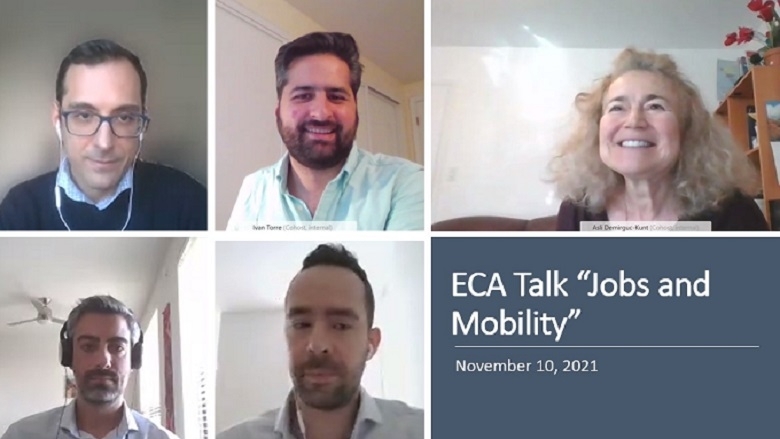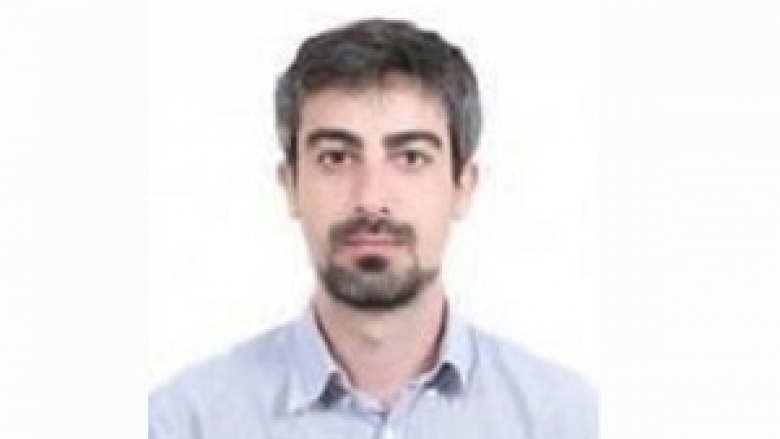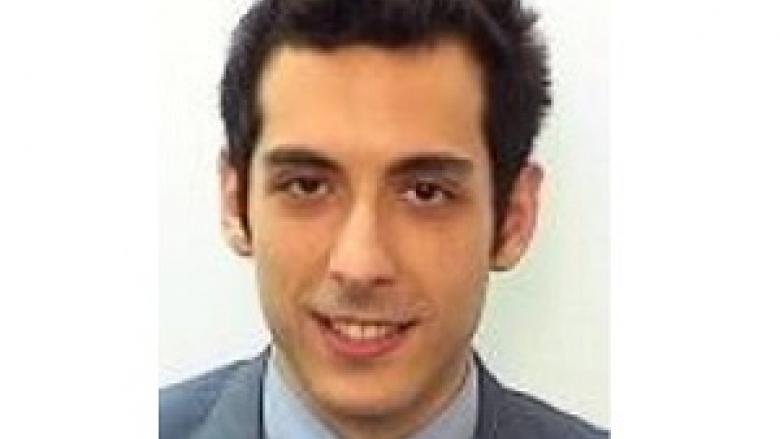The pandemic has brought to light the crucial relationship between a bustling labor market and worker mobility. Movement restrictions have impeded workers to attend their regular workplaces and forced them to work from home. Border closures have drastically limited both internal and external migration.
Governments have implemented policies to help economic activities dependent on a mobile workforce. And all of this has happened in a context where workers change jobs more frequently, making the “mobility shock” of the pandemic even more powerful.
This ECA Talk will present a series of recent research papers focusing on different aspects of the relationship between jobs and mobility. How often do workers change jobs in recent years? Which type of jobs requires a physically mobile labor force? What role does the international mobility of workers play in local labor markets? What can governments do to address the labor mobility challenges emerging from the pandemic? These questions and related policy implications will be discussed during this session.
Chair: Asli Demirgüç-Kunt, Chief Economist, Europe and Central Asia
---------------------------
Related Reading
Do Immigrants Shield the Locals? Exposure to COVID-Related Risks in the European Union
Who on Earth Can Work from Home?
Which Jobs Are Most Vulnerable to COVID-19? What an Analysis of the European Union Reveals





